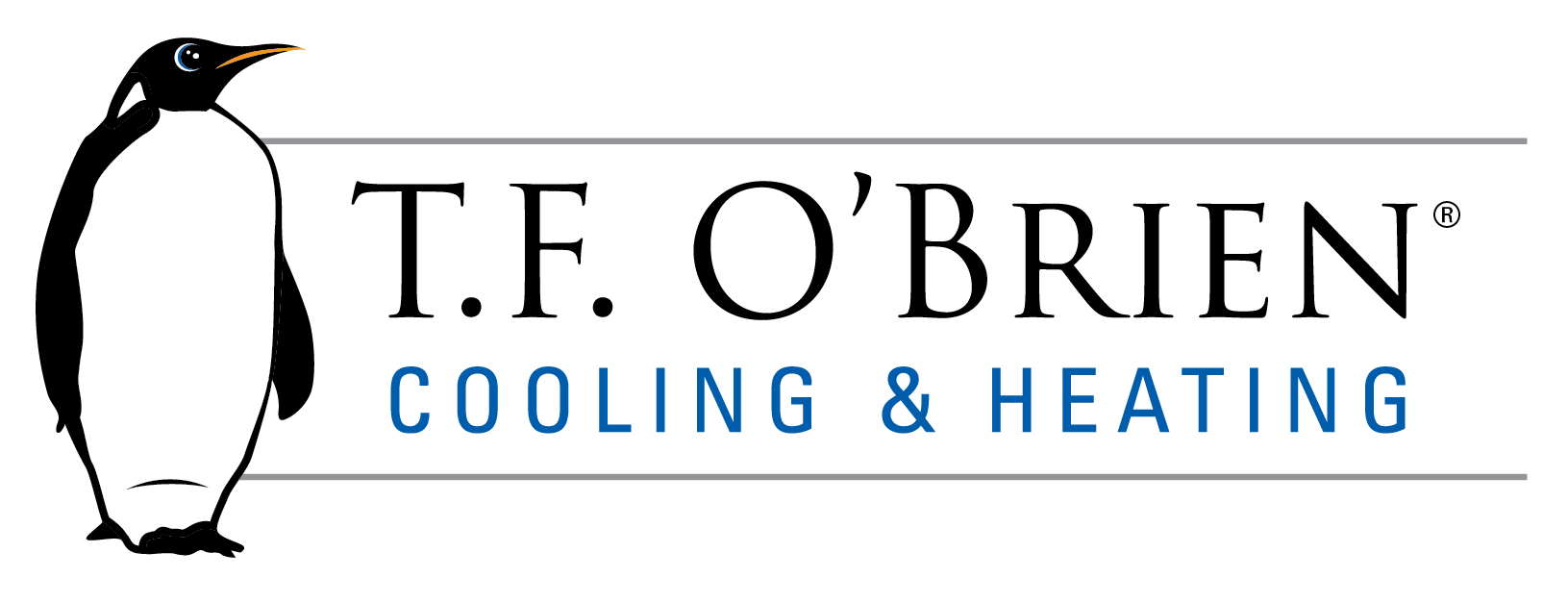SEER is an acronym for Seasonal Energy Efficiency Ratio. In basic terms, it is a measurement of how much energy an air conditioner, furnace or hot water heater uses during operation. The higher the SEER rating, the less electric that is required to power the unit. The government is trying to reduce the use of electricity across the country and is offering tax rebates for the purchase of equipment with high SEER ratings.
There is a technical formula that is used to determine the SEER rating but all the typical homeowner really needs to know is the higher the rating the less you will be paying to run the equipment. Air conditioners and water heaters will eventually pay for themselves if you purchase the models with the highest SEER ratings but be prepared to pay a premium for the unit. The most energy efficient equipment is also generally the most expensive.
A good SEER rating for an air conditioning unit is 15 or higher, which will qualify you for a $400 rebate from utility companies in New York plus a tax rebate from the federal government of up to 30% of the cost of the unit. Your skilled technician here at T.F. O’Brien can help you find an Energy Star unit that will qualify for the savings.
Our technicians will also make sure that your unit lives up to its SEER rating. Too often, poor installation will compromise the energy efficiency of the unit and wipe out the savings you should be seeing. We will make sure this does not happen to you.
The U.S. Department of Energy has put together a buyer’s guide to help you understand the SEER Ratings and the tax rebates available for purchasing energy saving equipment. To get it, click here. When you are shopping for any appliance be sure to look for the Energy Star label which guarantees that you are buying a product which was designed to cut greenhouse gas emissions. Last year alone, through the use of Energy Star products, Americans saved $17 billion dollars on their utility bills.
T.F. O’Brien services the Long Island, New York area.
Our goal is to help educate our customers about energy and home comfort issues (specific to HVAC systems). For more information about preventive maintenance and other HVAC topics, please download our free Home Comfort Resource guide.
